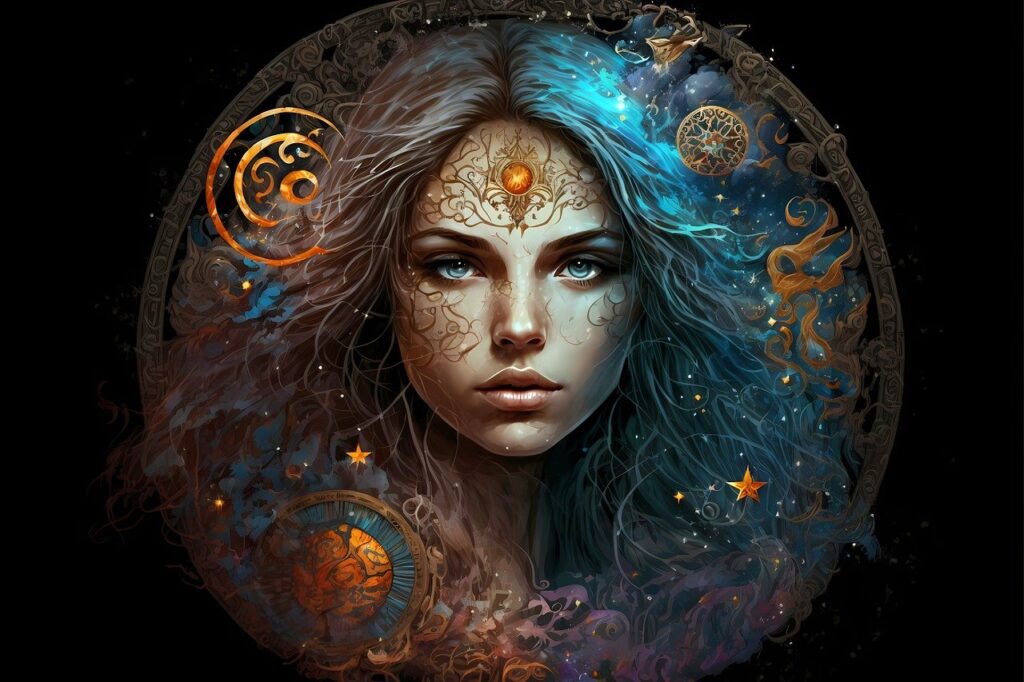
In answering this question, I will distinguish between astrology as an academic subject and astrology as a recreation.
Astrology as an Academic Study or Discipline
Britannica defines astrology as follows:
Astrology is a method of predicting mundane events based upon the assumption that the celestial bodies—particularly the planets and the stars considered in their arbitrary combinations or configurations (called constellations)—in some way either determine or indicate changes in the sublunar world. The theoretical basis for this assumption lies historically in Hellenistic philosophy…
The origins of astrology date back even further to ancient Mesopotamia, when people sought to predict their future through their observations of the celestial bodies. Modern science establishes truths by making observations, formulating theories, and then testing the theories. When the prediction of a theory is proved correct, the theory is tentatively accepted as true; however, if a prediction is observed to be false, the theory is rejected or revised to create a new “paradigm”. This process that defines a science was described in some detail in Thomas Kuhn’s seminal publication The Structure of Scientific Revolutions.
Astrology does not fit into this definition of a science, because its predictions are not rigorously tested, revised or universal. One astrologer’s prediction will sometimes conflict with another astrologer’s prediction and a prediction that comes true for one person may not prove true for another person under the same sign of the Zodiac. Consequently, it may be more appropriate to designate astrology as a superstition rather than an academic discipline.
Astrology as a Recreation
Astrology as a recreational activity, like fortune cookies, tasseography (tea leaf reading) and other forms of divination is practised by a wide variety of people of various levels of intelligence. Although some people read their horoscopes on their cellphones or in the newspapers and rely on its recommendations to modify their plans for the day, many people merely read it for entertainment,
A few decades ago, many males visiting bars used the pick up line, “What’s your sign?” to connect with a female. It was a way to open a conversation and establish commonality. While that practice may now be passé, people still use horoscopes in social conversation.
Those who use horoscopes in a recreational way, rather than as a guide to daily activity, probably span the wide spectrum of intelligence levels that may diminish at the upper intelligence strata. However, those who delve deeply into astrology for day-to-day guidance in their lives are probably skewed toward the lower end of the intelligence spectrum.
This assessment is a personal bias, perhaps resulting from my immersion in science, but when I meet someone who professes a strong belief in the predictions of astrology, I don’t probe for their insights into quantum physics.
